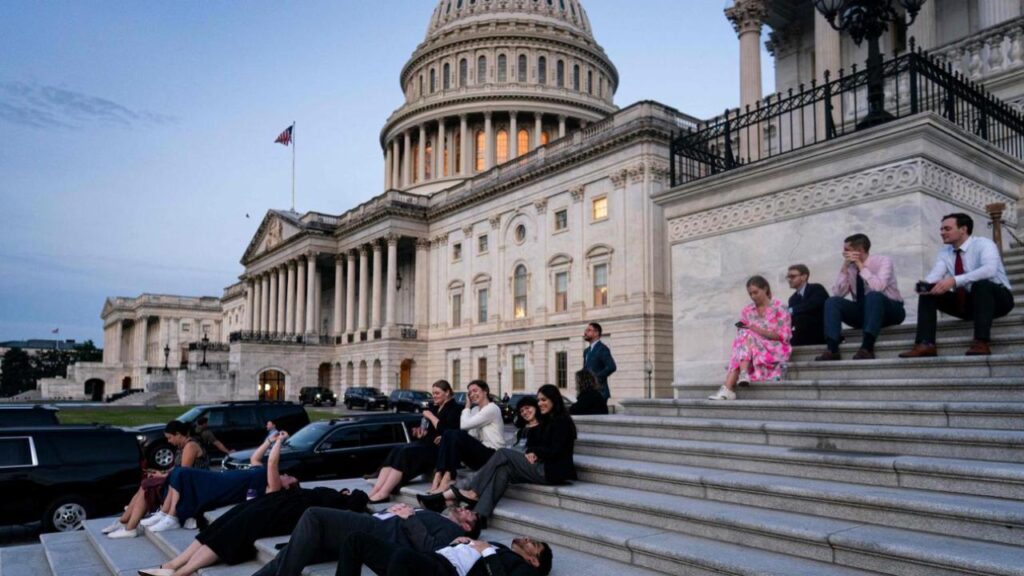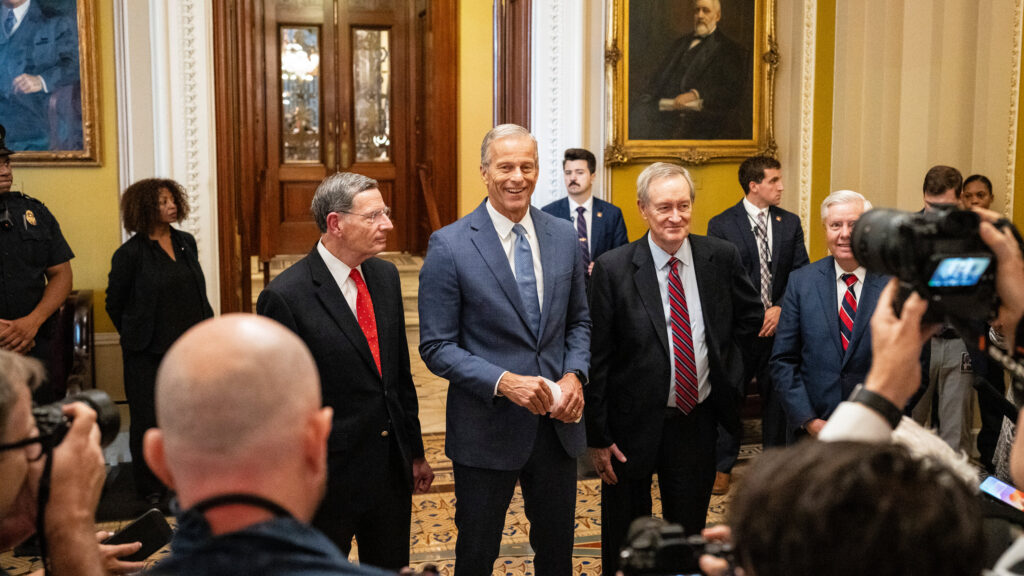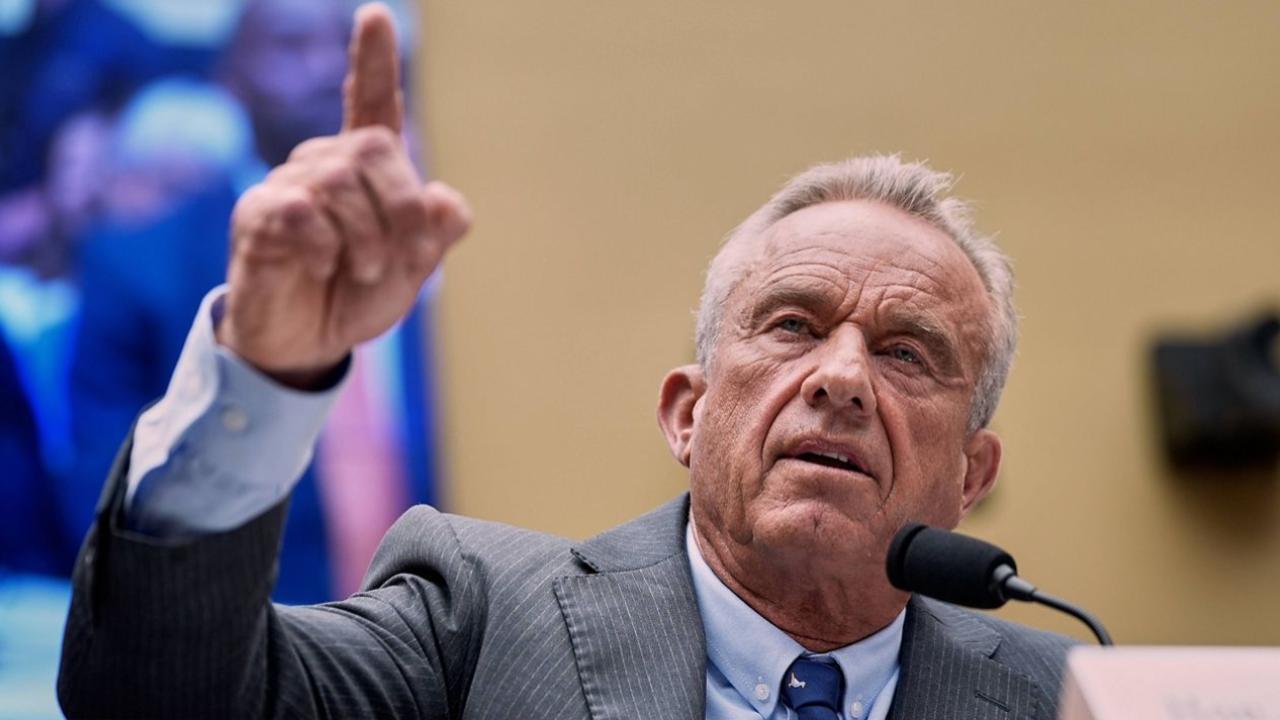The House just held the longest vote in U.S. history—and it’s all because of a Republican mega-bill that’s as controversial as it is colossal. Dubbed the “One Big Beautiful Bill Act” (OBBBA), the legislation spans nearly 900 pages and touches everything from taxes to healthcare to AI regulation. And with former President Donald Trump’s deadline looming, lawmakers are scrambling to pass it before July 4.

GOP Shatters Record with Longest House Vote Ever
| What You Need to Know | Stat or Fact |
|---|---|
| Longest House vote ever | Over 7 hours |
| Medicaid losses if passed | 10.9 million people |
| Deficit impact | $2.8 trillion added by 2034 |
| Public opinion | 55% oppose the bill; only 29% support it |
Trump’s “Big Beautiful Bill” is bold, sweeping, and polarizing. Whether it becomes law—or crumbles under its own weight—will depend on the Senate and public pressure. But one thing is clear: this isn’t just legislation. It’s a litmus test for the GOP’s future.
How Did the Vote Set a Record?
On July 2, House Republicans staged a procedural vote that ran more than seven hours, smashing previous records. Speaker Mike Johnson kept the roll-call open for hours to corral GOP holdouts, many of whom balked at the bill’s size and scope.
Why all the urgency? Trump wants the bill passed by Independence Day, calling it a centerpiece of his “America First” revival. The pressure is on—and tempers are flaring.
What’s Actually Inside the “Big Beautiful Bill”?
Here’s what this sweeping bill proposes:
1. Tax Overhaul
- Extends Trump’s 2017 tax cuts for individuals and corporations.
- New deductions for tipped workers, car loan interest, and overtime pay.
- Estimated to cost $1.7 trillion over ten years.
2. Healthcare & Safety Nets
- Work requirements for Medicaid and SNAP recipients.
- Cuts to ACA subsidies.
- CBO estimates 10.9 million people could lose Medicaid access.
3. Border & Defense Spending
- $46.5 billion for border wall expansion and surveillance.
- $150 billion for defense programs.
- $45 billion for expanded immigration detention centers.
4. Climate & Technology
- Rolls back clean energy tax credits from the Inflation Reduction Act.
- Bans state-level AI regulation for a decade.
5. National Debt
- Raises the debt ceiling by $4–5 trillion.
- Adds up to $2.8 trillion to the federal deficit over 10 years.
Why the Firestorm of Opposition?
Even within the GOP, the bill is splitting loyalties. Fiscal conservatives are furious over the eye-watering deficit projections, while moderates fear political blowback over healthcare cuts. Democrats, meanwhile, have labeled it a “reverse Robin Hood.”
“This is a giant giveaway to the wealthy, paid for by gutting healthcare,” said Rep. Jamie Raskin (D-MD) on the House floor. Polling backs up the backlash. A recent TIME/YouGov survey found 55% of Americans oppose the bill, with just 29% in support.

What Happens Next?
The Senate version of the bill differs slightly. If the House passes amendments, it could trigger a legislative ping-pong—slowing down Trump’s July 4 ambitions.
Democrats are expected to unify in opposition, and a few Senate Republicans remain undecided. Senate Majority Leader Chuck Schumer has said, “This bill is DOA in its current form.”
Political Stakes Are Sky-High
For Trump and House GOP leadership, passing OBBBA is about delivering big wins before the 2026 midterms. But the risks are equally big. “This isn’t just a bill—it’s a political statement,” says Molly Reynolds, a governance expert at Brookings. “And the gamble could backfire.”
Based on my own reporting from the Hill, this feels like a defining moment. I’ve covered budget showdowns, shutdown threats, even the Tea Party clashes—but I’ve never seen a bill this bloated pushed this fast with so many fractures showing.
FAQs
Why was the vote so long?
To give Speaker Mike Johnson time to wrangle GOP votes. The record-setting vote was procedural, not even the final passage.
How much would the bill increase the national debt?
The nonpartisan Congressional Budget Office projects up to $2.8 trillion added over the next decade.
Will millions really lose Medicaid?
Yes, according to CBO estimates, up to 10.9 million people could be affected by new work requirements and funding cuts.






